Journal of a Lockdown No. 80

Faces, Seoul, Korea
Finished reading Barbara Demick's Nothing to Envy, the story of men and women who defected from North Korea.
Labels: books/reading, daily
Minutiae of my every day since 2004.


Labels: books/reading, daily

Labels: daily, film/music

In three hours, I am about to meet a stranger to trade my aloe vera on a Groot pot for a signed copy of F. Sionil Jose’s “Poon."
Last week, I traded Lang Leav and Michael Faudet for a copy of Mary Oliver’s elusive “A Thousand Mornings.” Two days before that, I exchanged my son’s extra copies of “Diary of a Wimpy Kid” books for alcohol and other protective essentials.
This ancient barter system was recently revived by Ilonggos through the Iloilo Barter Community (IbaCo) page in Facebook. With this platform, one can trade anything for another without having to spend: a cashless, non-cryptocurrent transaction. One uploads a picture of the item he wishes to barter, with a detailed description of it and the list of things he wants to swap the item for. In the comments section, people then offer their items and the person who uploaded will then choose from the various offers. Once a deal has been sealed, the barteristas will then proceed to sending each other private messages and to meet in person.
The community quarantine binds us to our homes and brings us simple sources of joy that need not require a lot of cash: reading poetry, planting vegetables in our backyards, baking banana bread. Their restorative and transformative power in our lives is beyond measure. Suddenly, the world is ruled by bakers, gardeners and readers from all walks of life.
This was when I met Rose, a 32-year-old mother of three with stage IV breast cancer. Her breast mass had started as a coin-sized lump 6 years earlier. Why did she seek assistance only now when she was so short of breath and unable to sleep as a result of generalized pain? It turns out she lives on a remote island, 18 hours from my clinic by boat and by land, a place where people live a simple life: no restaurants, no malls, no movie theaters, no cell phone service. Unfortunately, this isolation also meant no access to local or regional health care.



Labels: books/reading, pens
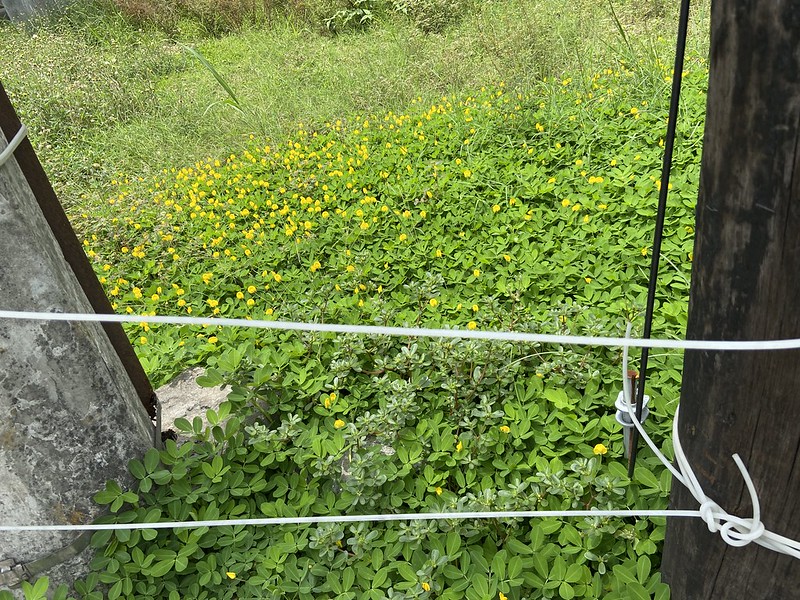
...Consider the lilies of the field, how they grow; they toil not, neither do they spin: yet I say unto you, that even Solomon in all his glory was not arrayed like one of these. But if God doth so clothe the grass of the field, which to-day is, and to-morrow is cast into the oven, shall he not much more clothe you, O ye of little faith? Be not therefore anxious, saying, What shall we eat? or, What shall we drink? or, Wherewithal shall we be clothed? For after all these things do the Gentiles seek; for your heavenly Father knoweth that ye have need of all these things. But seek ye first his kingdom, and his righteousness; and all these things shall be added unto you. Be not therefore anxious for the morrow: for the morrow will be anxious for itself. Sufficient unto the day is the evil thereof.
Labels: daily



Labels: books/reading, pens
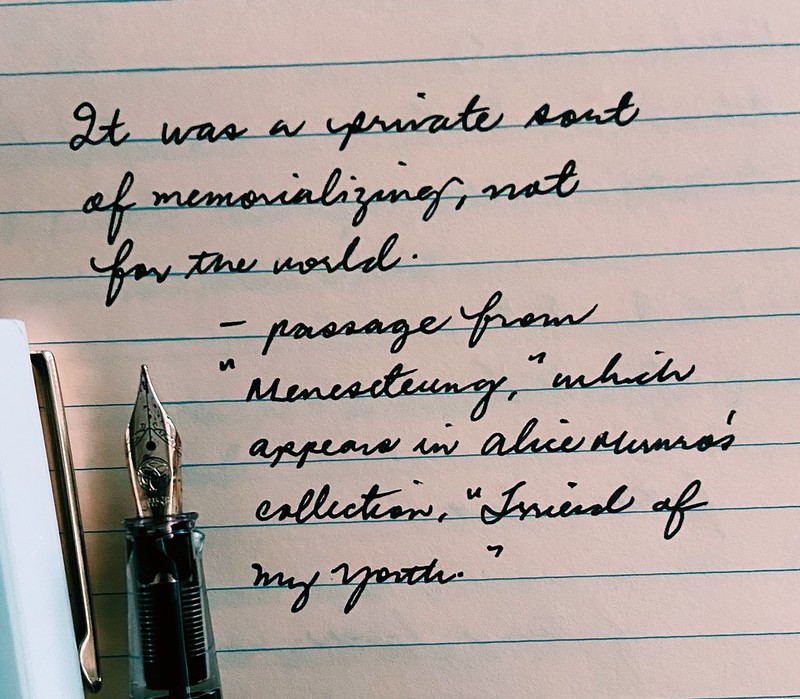
Labels: daily

Labels: daily
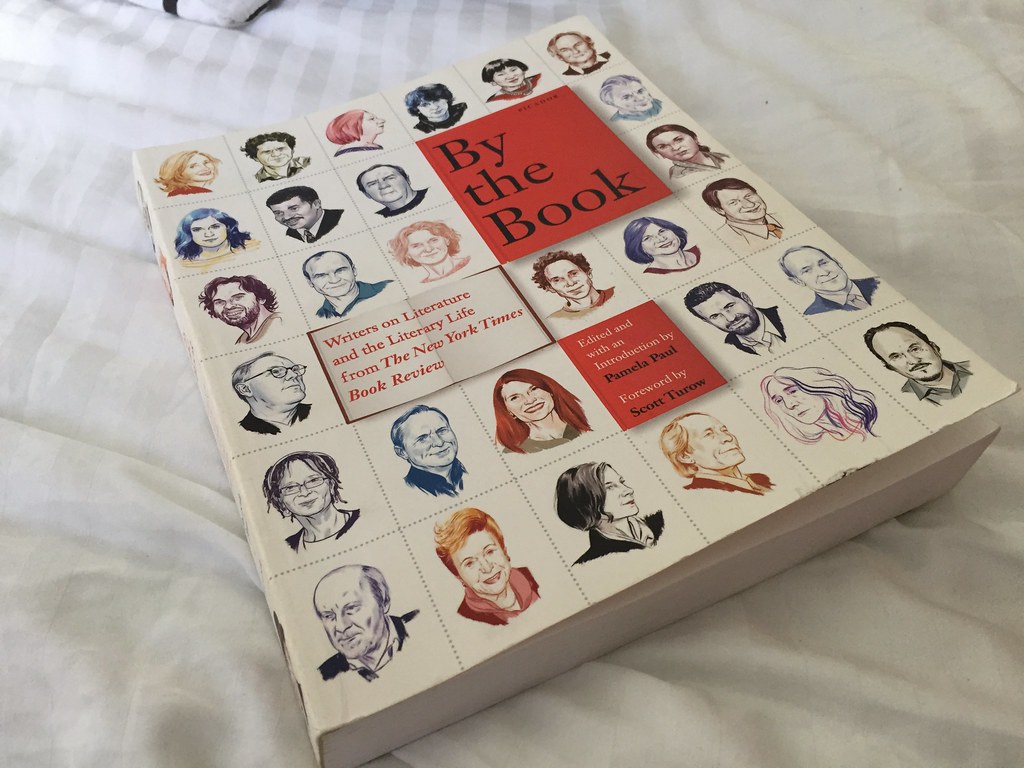
Labels: daily

James turned on her, surprised and stung. "Damn it, the trouble with people like you, who are passed from one happy breadwinner to the next without missing a damn meal, is you refuse to admit that outside your own bubble anybody can be dirt-poor. Of course people starve. Of course a man will pay a quarter an hour if nobody makes him pay more...."
Labels: daily
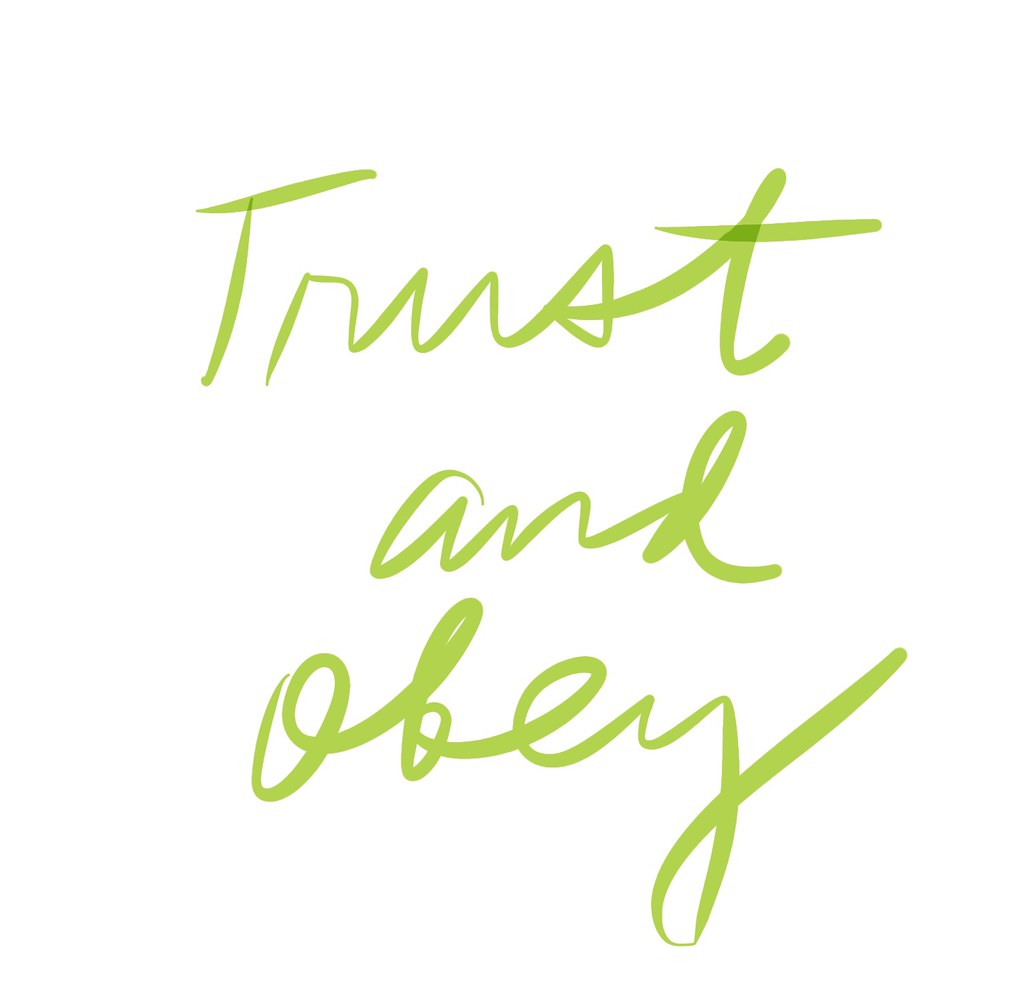
When we walk with the Lord in the light of His Word,
What a glory He sheds on our way!
While we do His good will, He abides with us still,
And with all who will trust and obey.
Trust and obey, for there's no other way
To be happy in Jesus, but to trust and obey.
Not a shadow can rise, not a cloud in the skies,
But His smile quickly drives it away;
Not a doubt or a fear, not a sigh or a tear,
Can abide while we trust and obey.
Trust and obey, for there's no other way
To be happy in Jesus, but to trust and obey.
Then in fellowship sweet we will sit at His feet.
Or we'll walk by His side in the way.
What He says we will do, where He sends we will go;
Never fear, only trust and obey.
Trust and obey, for there's no other way
To be happy in Jesus, but to trust and obey.
Oh, Trust and obey, for there's no other way
To be happy in Jesus, but to trust and obey.
Labels: faith

Labels: books/reading, daily

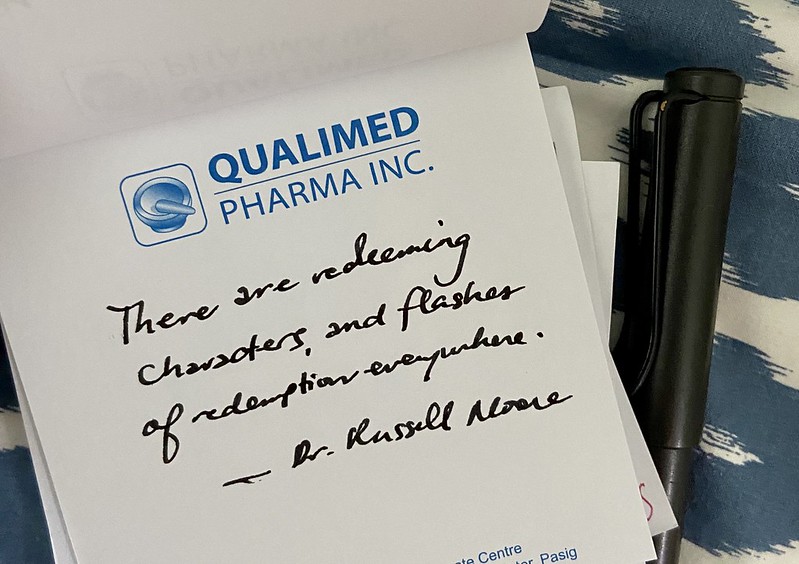
This past week the cast of the NBC situation comedy Parks and Recreation, which aired from 2009 to 2015, reunited for a special Zoom-call program to raise money for hunger programs during this time of pandemic. I can neither confirm nor deny that I may have wiped away a tear as Andy Dwyer (played by Chris Pratt) led the cast in singing “Bye-Bye Li’l Sebastian.” I can confirm that I miss them all in the saddest fashion.
One may immediately revolt at the idea of The Office as an example of sincerity. How could episodes as cringe-inducing as “Scott’s Tots” or “The Dinner Party” be an example of sincerity? Well, contrast the American version of The Office with its British counterpart. There are redeeming characters, and flashes of redemption everywhere. Michael Scott is not a soulless idiot. In the end, he is precisely where he always longed to be—married to a woman he loves with so many children that he has multiple cell phone plans just to store all the pictures. And the last episode ends with Pam summing up the series by saying that “Beauty is found in ordinary things,” as the final scene pans toward a painting she created of the office building, a painting Michael bought, redeeming her from her seeming failure as an artist just because he loved the office (that is, loved the people there) so much that he wanted to hang it on the wall of the office itself.
Parks and Recreation leans into sincerity even more. As Schoder points out, Leslie Knope and Ron Swanson are polar opposites in personality and political ideology, but both are sincere people trying to do their civic duty. And they have a mutual respect for each other that is real, despite all their flaws. He argues that Parks and Rec puts these ultra-sincere and ultra-pessimistic people (think not just Ron and Leslie, but Andy and April and so on), but without belittling or ridiculing any of them with cynicism.
The humor in such shows, Schoder argues, isn’t in lampooning as false the desire for human attachment, but by showing human foibles and flaws in trying to reach that goal. I think he’s right. And maybe that’s why so many of us loved seeing the Parks and Rec crew back together, if just for a night. It’s not the sort of forced artifice we could find in the breezy lightness of old Nick-at-Nite “Gee Wally” sitcoms. But, at the same time, it points to something that’s more than just social construction.
Labels: daily
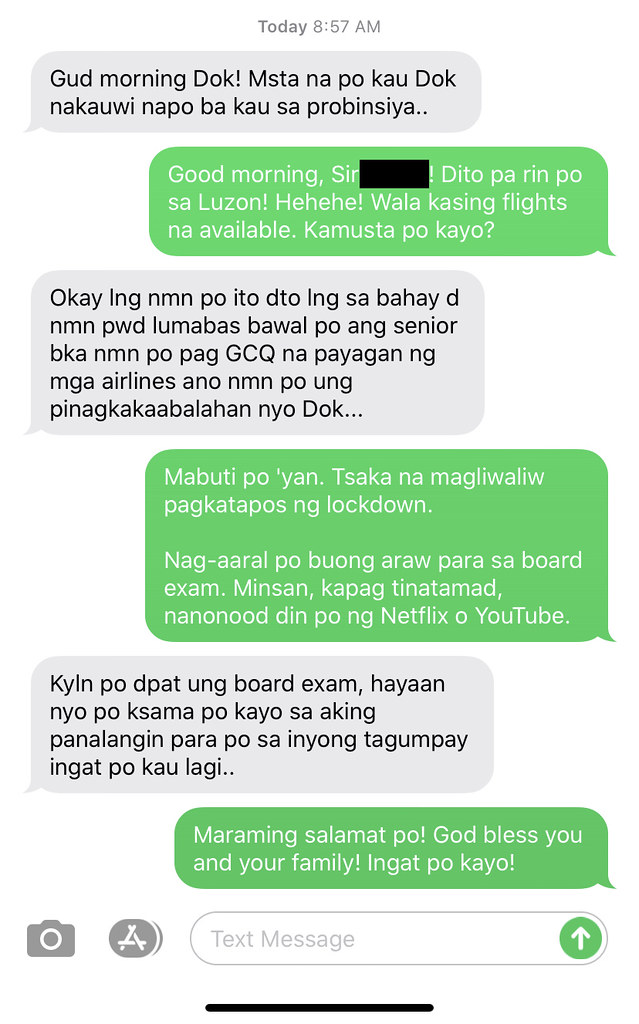
Labels: daily
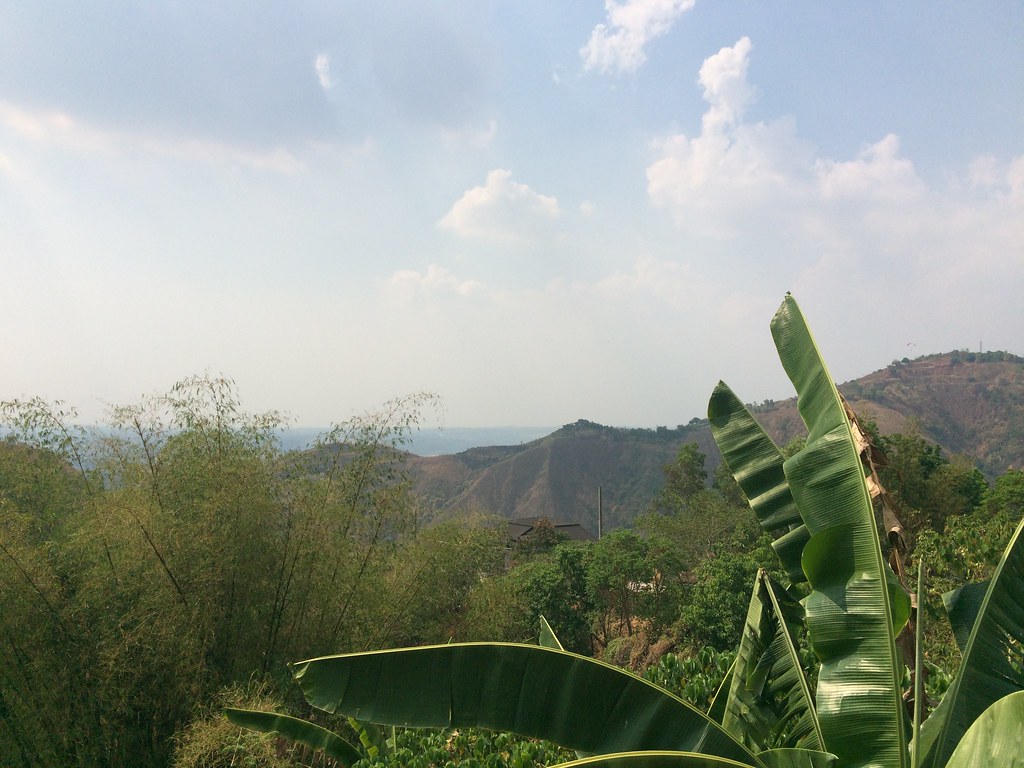
You might have the time but not the mental bandwidth for “Anna Karenina” right now, and that’s OK. In fact, it’s completely normal (even editors at the Book Review are having trouble concentrating). Maybe you want to save the thick books for a less unsettling time. If that’s the case, here are a few short, quick options that can help take your mind off the real world.
For the last two years, my notebooks have been largely places wherein I stage ideas before writing them in a finished form. Flipping through their pages, I see notes about Gerald Murnane, Clarice Lispector, Hilda Hilst, and other writers whose work I critiqued for literary journals. When I went to Florida for a month to write my novel, I bought a brand new, five-topic Mead notebook and filled the whole thing with notes about the birth and death of stars, character arcs, and veganarchism. A few times, I wrote letters to my friends and ripped them out, leaving bits of paper behind inside the spiral. I like to imagine that someday, a conscientious biographer will collect my letters from the far reaches of the country and include them in an edition titled something like: Reassembled: Notebooks and Letters 1985—?.
Which brings me to my next point: What if somebody reads my notebooks? It is a distinct fear that I had to overcome before beginning this latest one. I was deliberate in treating this as a return to my style of keeping notebooks in the past: a place where I would write about my own life, and begin stories, and write down impressions of people I saw on the street, and lines of poems, and quotes, and secrets. It was to be a much more personal endeavor; a writer’s notebook—a place of interest for posterity, and not just a collection of academic fragments and ideas about other writers’ work.
Over the last two years, I’ve managed to scare myself out of treating my notebook as a private space, and trick myself into using it only as a place to reflect on other peoples’ public thoughts under the guise of intellectualism. It is the same fear that beset me three and a half years ago when I took my high school notebooks outside and burned them. What was I afraid of? Of someone I respect seeing work that I found embarrassing, maybe. Of being exposed as a fraud, as if, because I once filled entire notebooks with “free verse” poems about underage sex and drinking, I could never be considered a serious writer. Of someone thinking—proving—that I’m not good enough.
The ballpoint’s universal success has changed how most people experience ink. Its thicker ink was less likely to leak than that of its predecessors. For most purposes, this was a win—no more ink-stained shirts, no need for those stereotypically geeky pocket protectors. However, thicker ink also changes the physical experience of writing, not necessarily all for the better.
I wouldn’t have noticed the difference if it weren’t for my affection for unusual pens, which brought me to my first good fountain pen. A lifetime writing with the ballpoint and minor variations on the concept (gel pens, rollerballs) left me unprepared for how completely different a fountain pen would feel. Its thin ink immediately leaves a mark on paper with even the slightest, pressure-free touch to the surface. My writing suddenly grew extra lines, appearing between what used to be separate pen strokes. My hand, trained by the ballpoint, expected that lessening the pressure from the pen was enough to stop writing, but I found I had to lift it clear off the paper entirely. Once I started to adjust to this change, however, it felt like a godsend; a less-firm press on the page also meant less strain on my hand.
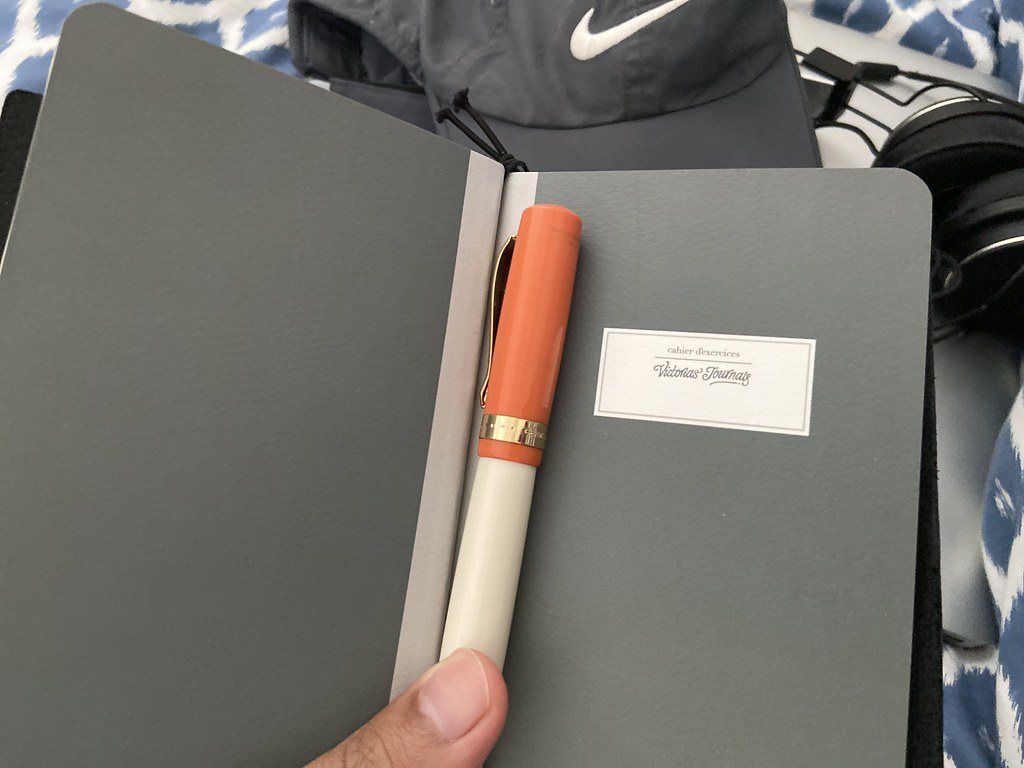


Labels: medicine

Labels: daily